Back
SHIV DIXIT
CHAIRMAN - BITEX IND... • 1y
📖 DAILY BOOK SUMMARIES 📖 🚀 20 Lessons from 👉 🔥 Playing To Win 🔥 ✨ By A.G. Lafely and Roger L. Martin ✨ 1. Core Premise: • Strategy is about making choices and winning in the marketplace. The book emphasizes that effective strategy requires a clear understanding of where to play and how to win. 2. Strategic Framework: • The authors propose a five-step strategic framework to develop a winning strategy: 1. What is our winning aspiration? • Define the purpose and long-term objectives of the organization. 2. Where will we play? • Identify the markets, customers, and segments in which the company will compete. 3. How will we win? • Determine how the company will create a competitive advantage in its chosen markets. 4. What capabilities must be in place? • Identify the critical capabilities required to succeed and deliver the value proposition. 5. What management systems are required? • Establish the processes and structures necessary to support the strategy. 3. Winning Aspirations: • Organizations should have a clear and compelling vision that serves as the guiding principle for their strategy. • This aspiration must be aligned with the values and mission of the company. 4. Choosing Where to Play: • Decisions about where to compete should be based on a thorough analysis of market opportunities, customer needs, and competitive dynamics. • Prioritization is crucial; companies should focus on segments that align with their strengths. 5. Creating a Competitive Advantage: • Companies must identify unique value propositions that set them apart from competitors. • This may involve differentiation, cost leadership, or niche focus based on customer preferences. 6. Critical Capabilities: • Organizations need to assess and develop the capabilities necessary to deliver on their strategic choices. • This may include skills, resources, technology, and processes that support the chosen strategy. 7. Management Systems: • Effective management systems are essential for implementing the strategy and ensuring alignment across the organization. • These systems should facilitate decision-making, performance tracking, and accountability. 8. Iterative Process: • Strategy development is not a one-time event; it requires ongoing assessment and adaptation to changing market conditions. • Regularly revisiting strategic choices helps organizations stay relevant and competitive. 9. Importance of Leadership: • Strong leadership is vital in articulating the strategy, inspiring teams, and fostering a culture of accountability and execution. • Leaders should actively engage employees in the strategic process. 10. Real-World Examples: • The book includes case studies from Procter & Gamble and other companies that illustrate how the framework has been successfully applied to achieve competitive advantage. 🔗 You can download whole book freely from comment section 🔗
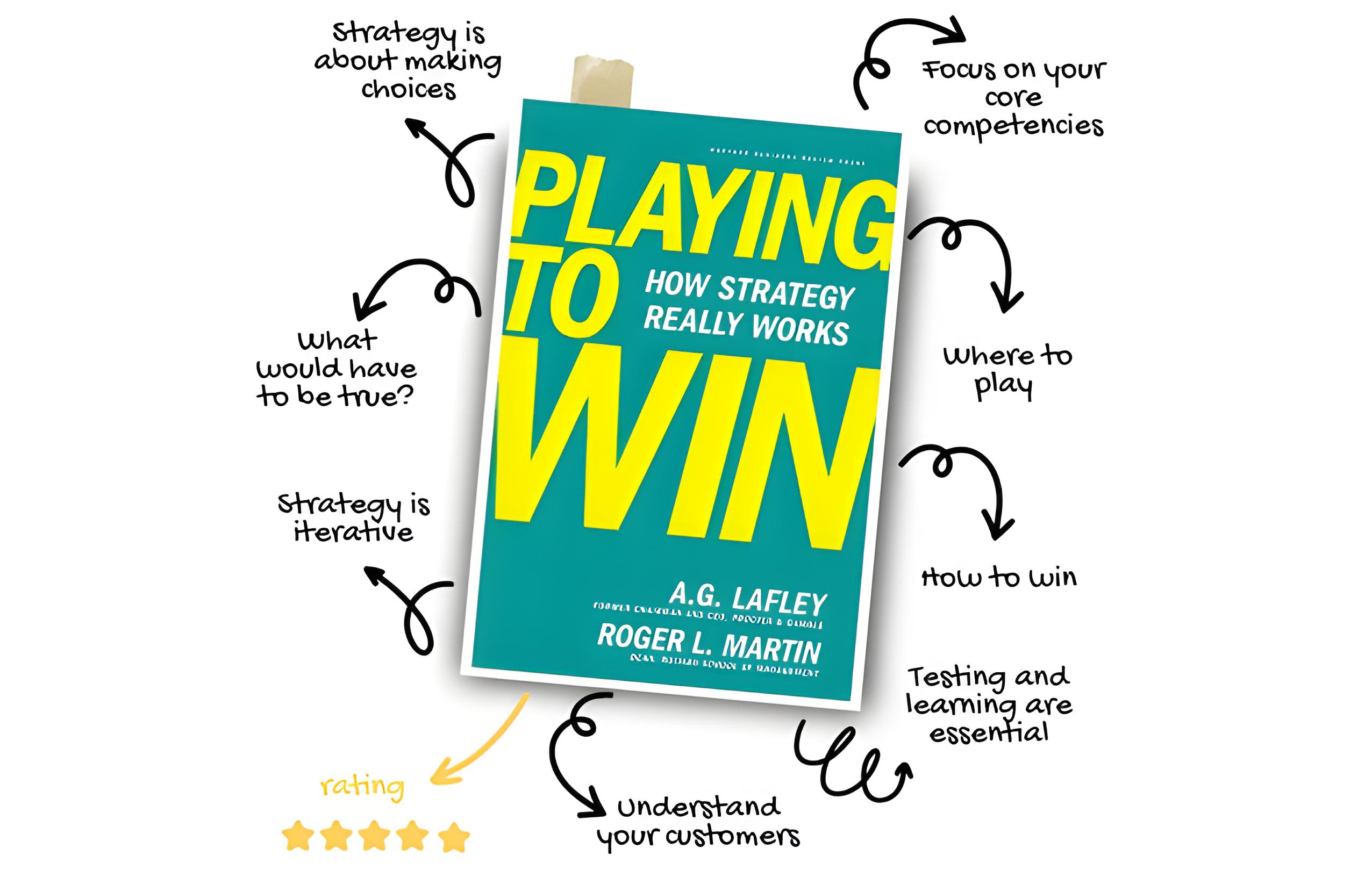
Replies (2)
More like this
Recommendations from Medial
Download the medial app to read full posts, comements and news.



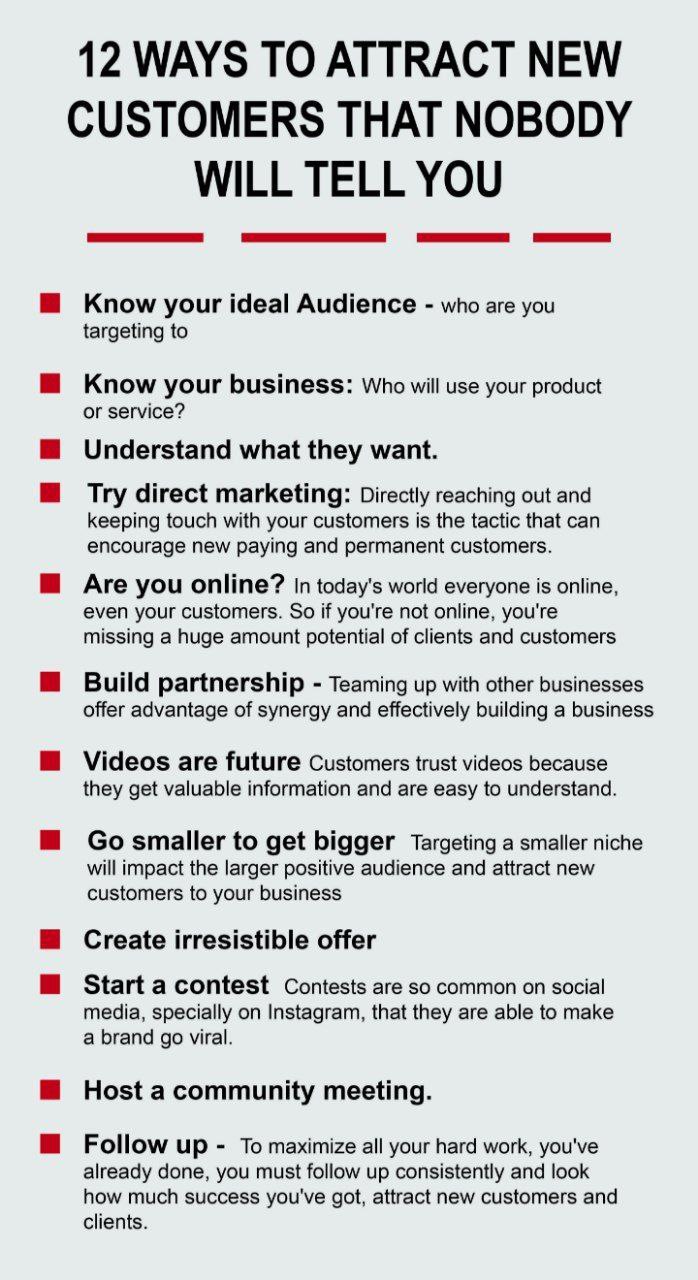

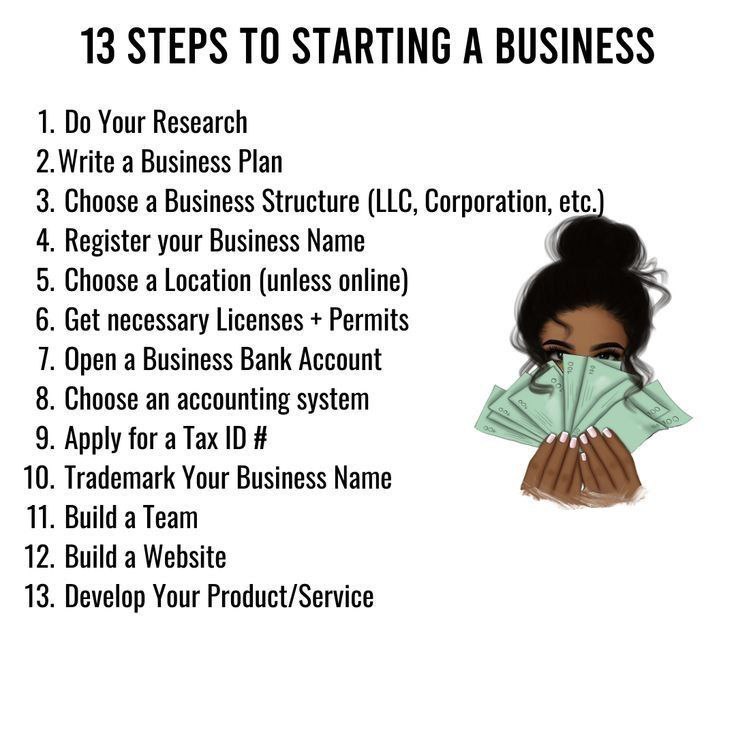
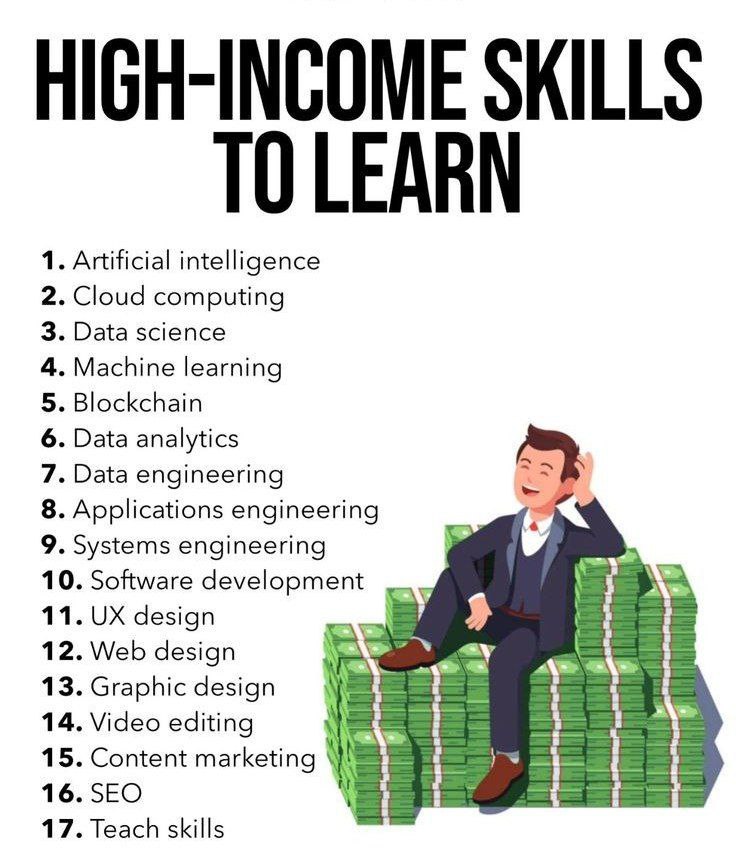
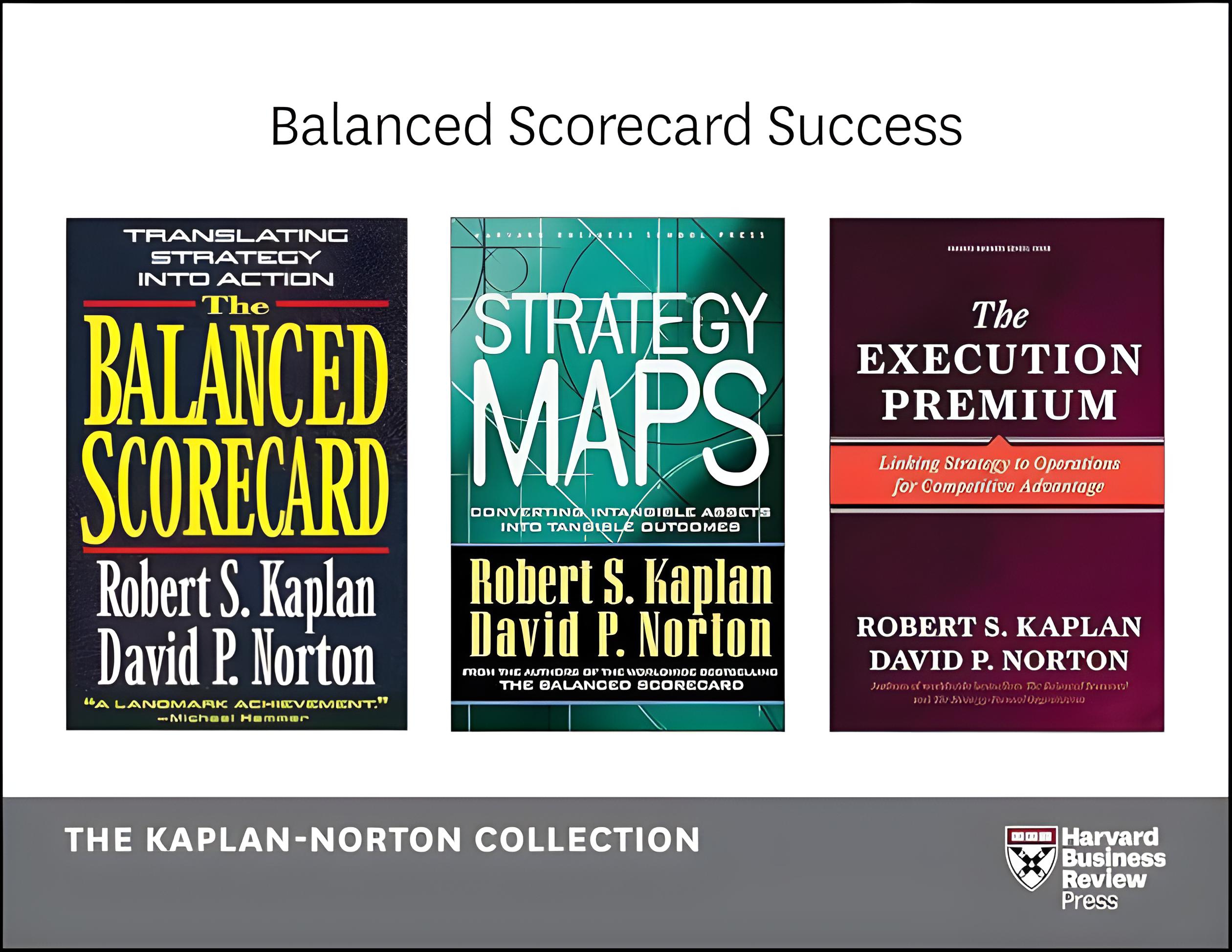
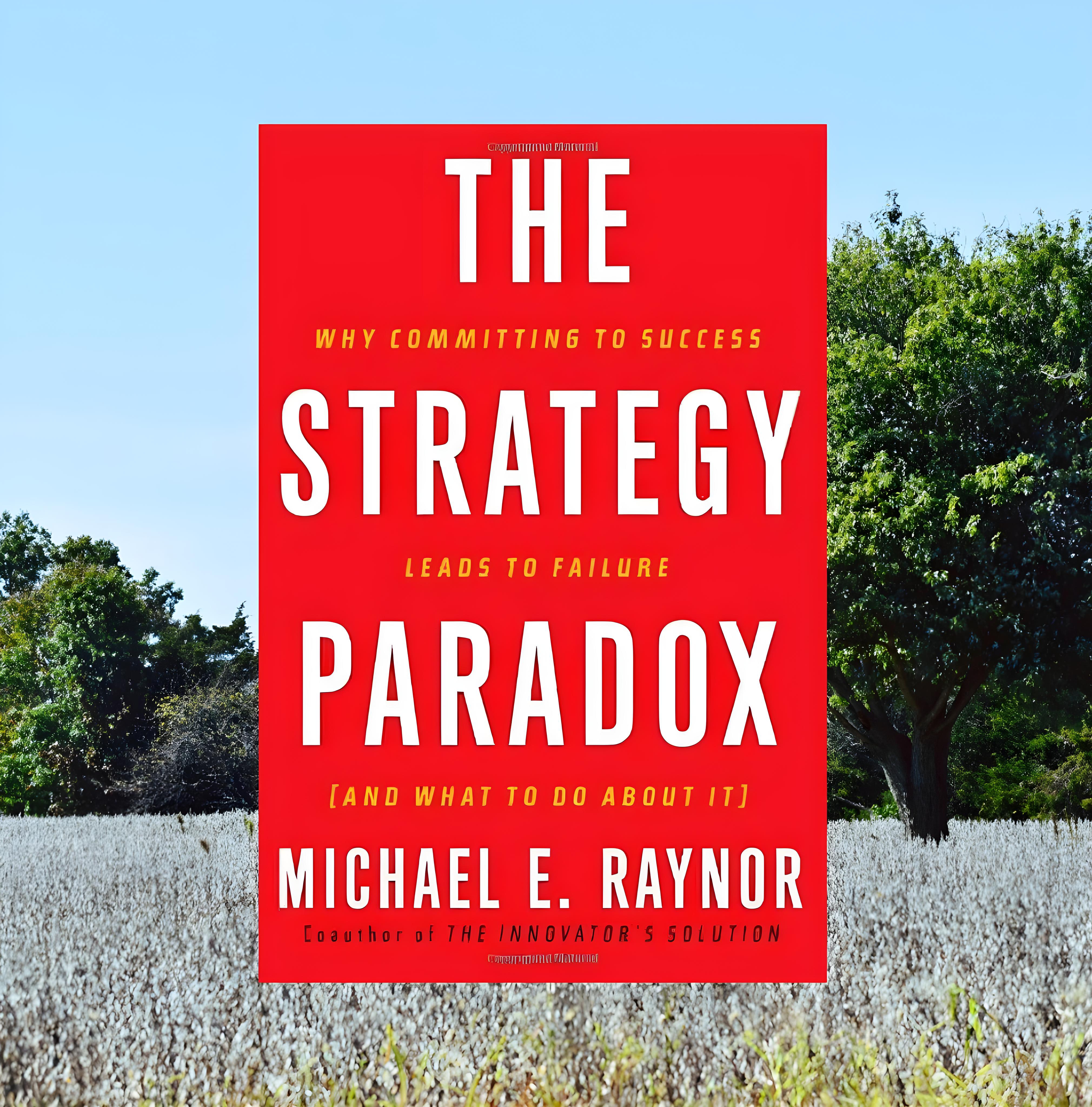
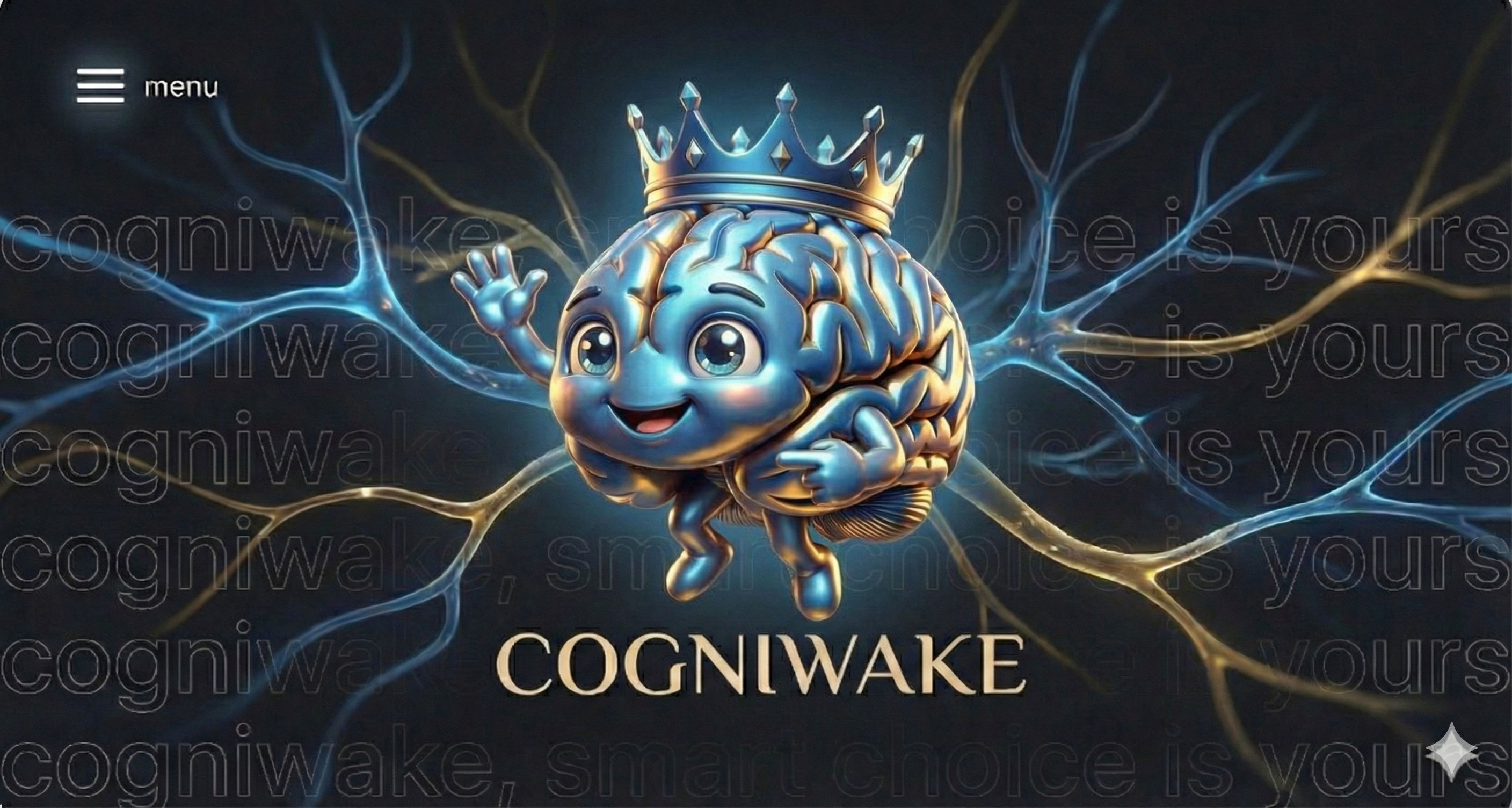


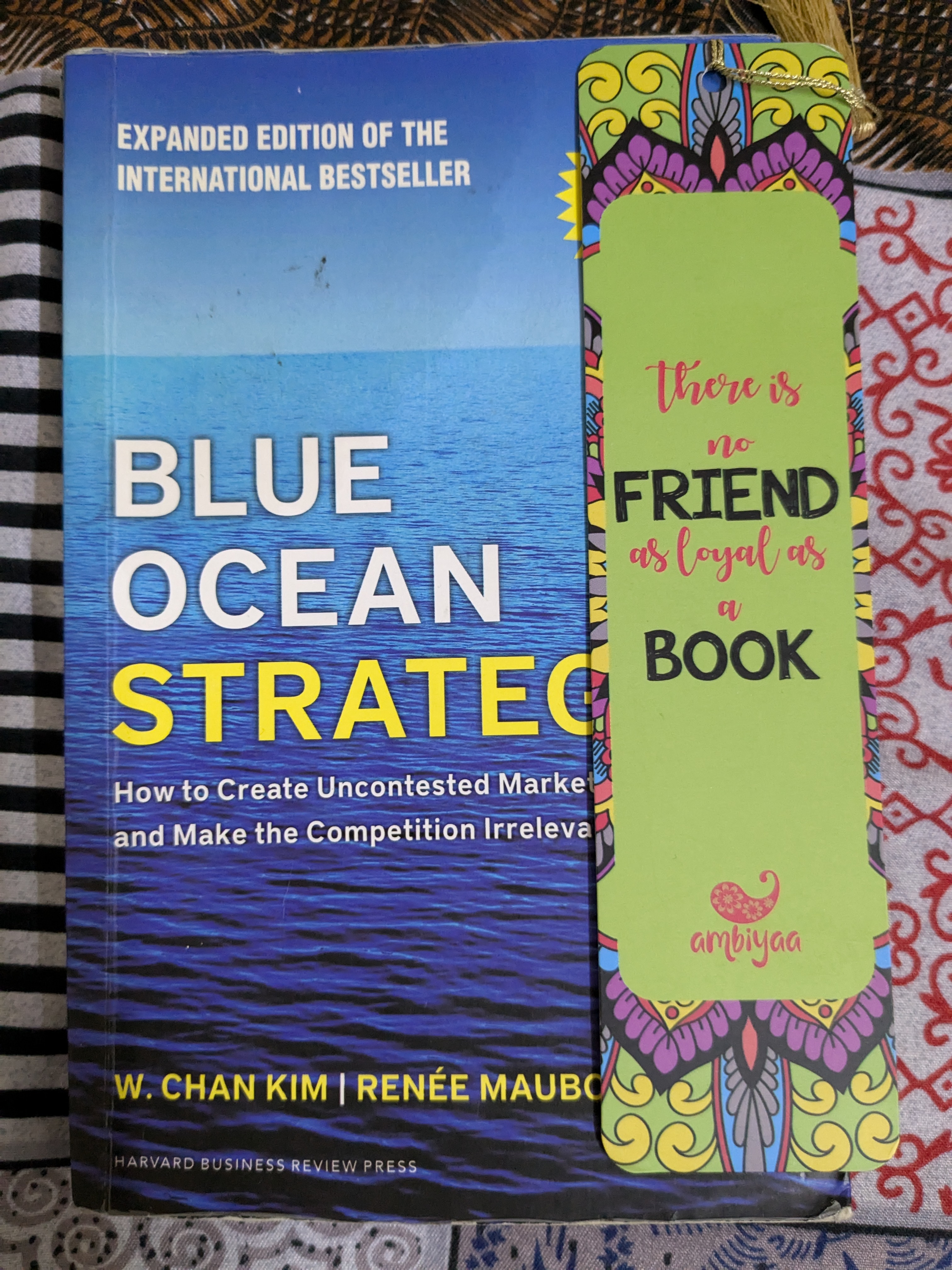


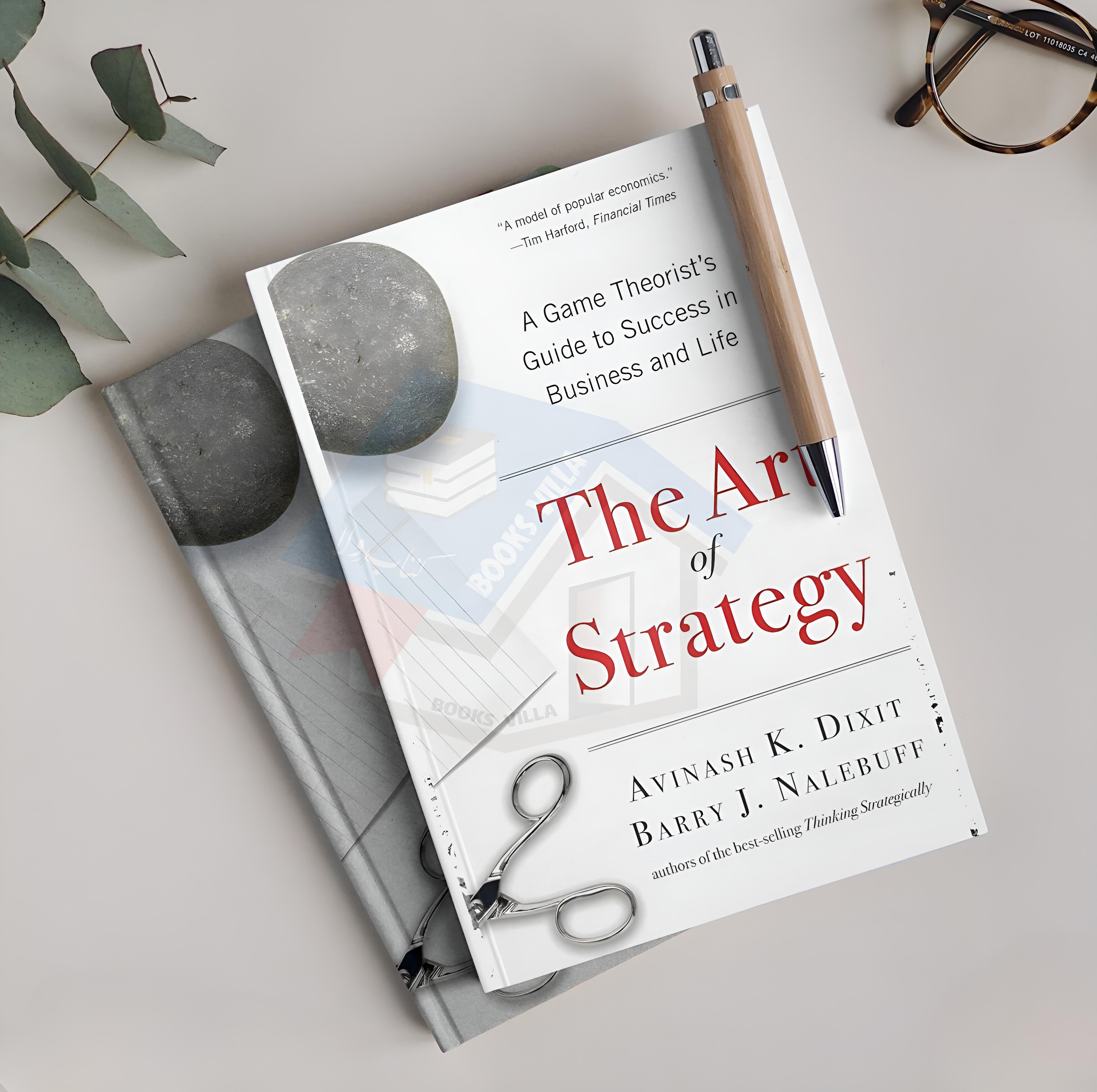



/entrackr/media/post_attachments/wp-content/uploads/2021/08/Accel-1.jpg)


















